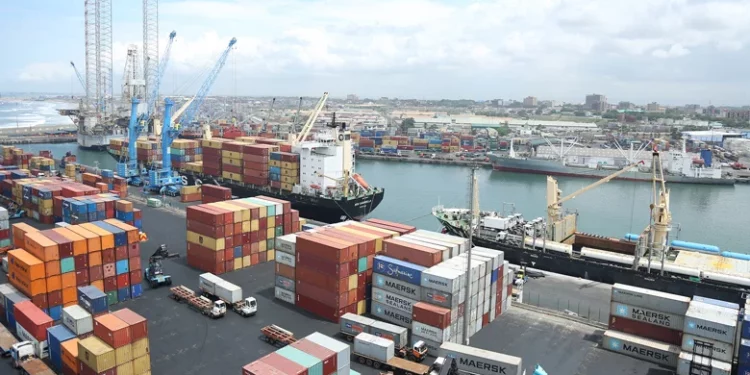Trade Surplus Rises to $6.2bn on Gold and Cocoa Exports
Ghana posted a trade surplus of $6.2bn in the eight months of 2025, buoyed by robust gold exports and stronger cocoa receipts, according to the central bank.
Announcing the figures at the opening of the Monetary Policy Committee’s 126th meeting on Monday, governor Johnson Asiama said the country’s external position remained solid despite seasonal pressure on the cedi and softer remittance inflows. International reserves stood at $10.7bn in August, equivalent to 4½ months of import cover.
The cedi has appreciated by about 21 per cent year-to-date, placing it among the world’s best-performing currencies. “It now ranks alongside high performers such as the Russian rouble, Swedish krona, Norwegian krone, Swiss franc, euro and British pound,” Asiama said, attributing the gains to prudent monetary policy, liquidity management, fiscal consolidation and stronger foreign-exchange inflows.
On the domestic front, the governor said the banking sector remained stable, with the capital adequacy ratio rising to 19.5 per cent in July. Non-performing loans stood at 21.7 per cent but dropped to 8.4 per cent when fully provisioned losses were excluded, reflecting ongoing recapitalisation and stricter underwriting standards.
Asiama also pointed to fiscal consolidation, noting that the budget deficit on a commitment basis was contained at 0.7 per cent of gross domestic product in the first half of the year, helping to lower the public debt ratio.
Headline inflation fell to 11.5 per cent in August, below the government’s year-end target of 11.9 per cent. The central bank cut its benchmark lending rate by 300 basis points to 25 per cent in July. However, Asiama reiterated that the MPC would weigh emerging risks such as global trade tensions and prospective utility tariff hikes before deciding on its next move.








